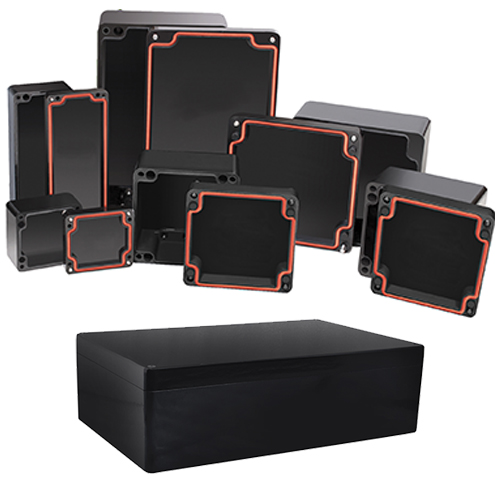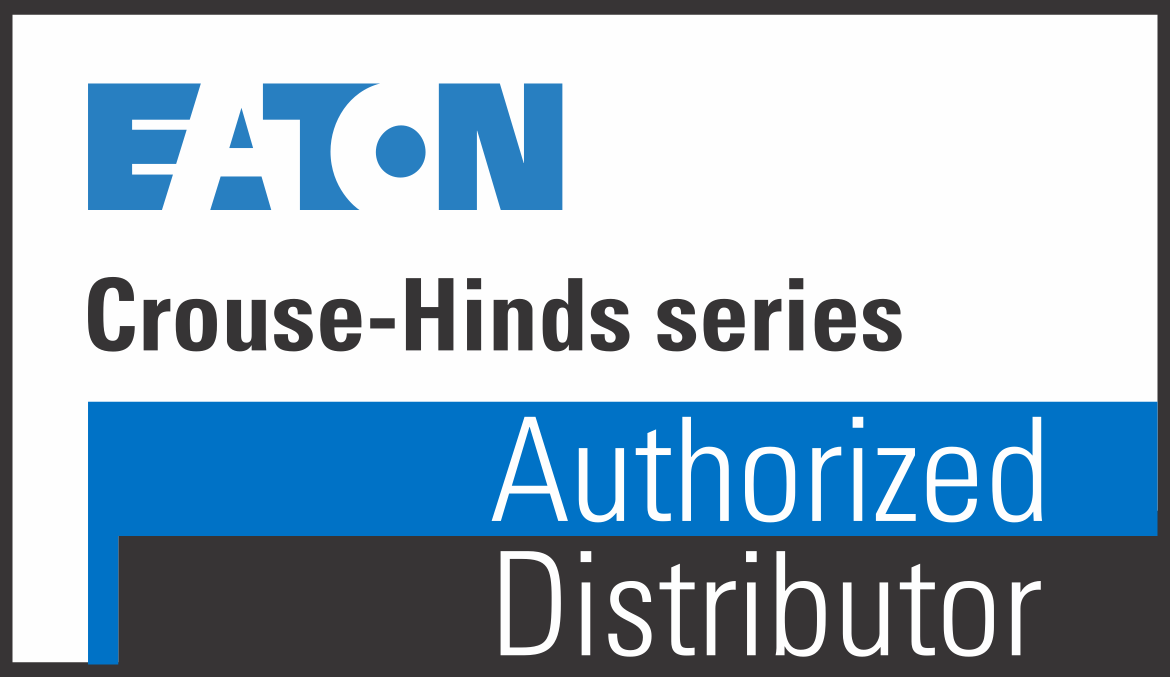The CEAG GboX GBX161609 is an explosion-protected terminal enclosure designed for hazardous environments where explosive gases or dust may be present. Manufactured by Eaton’s Crouse-Hinds series, this enclosure is constructed from glass-reinforced polyester (GRP), offering durability and resistance to corrosive environments.
Description
The CEAG GboX GBX221209 is a robust, explosion-protected terminal enclosure designed for use in hazardous environments where explosive gases or dust may be present. Constructed from glass-reinforced polyester (GRP), it offers exceptional durability and corrosion resistance, making it suitable for harsh industrial conditions.
Technical Specifications
| Feature | Details |
|---|---|
| Model | GBX221209 |
| Dimensions (W x H x D) | 220 mm x 120 mm x 90 mm |
| Usable Rail Length | 160 mm |
| Maximum Terminal Capacity | Up to 45 terminals for conductors sized 1.5 mm² |
| Material | Glass-reinforced polyester (GRP) |
| Ingress Protection (IP Rating) | IP66, providing robust protection against dust and water ingress |
| Explosion Protection Zones | Suitable for use in Zones 1, 2 (gas) and Zones 21, 22 (dust) hazardous areas |
| Cable Gland Compatibility | Supports various configurations; for example, up to 14 metallic cable glands of size 12 on the W/Y sides |
| Operating Temperature Range | -60°C to +110°C |
Note: The maximum number of terminals and cable glands depends on the specific configuration and conductor sizes.
Applications
The GBX221209 enclosure is ideal for industries such as:
- Oil & Gas: Protecting electrical connections in refineries and drilling platforms.
- Chemical Processing: Ensuring safe operations in facilities handling hazardous chemicals.
- Offshore & Marine: Withstanding corrosive marine environments on ships and offshore platforms.
- Industrial Automation: Safeguarding control systems in potentially explosive atmospheres.
Its robust construction and compliance with international safety standards make the GBX221209 a reliable choice for protecting electrical connections in challenging and hazardous conditions.









